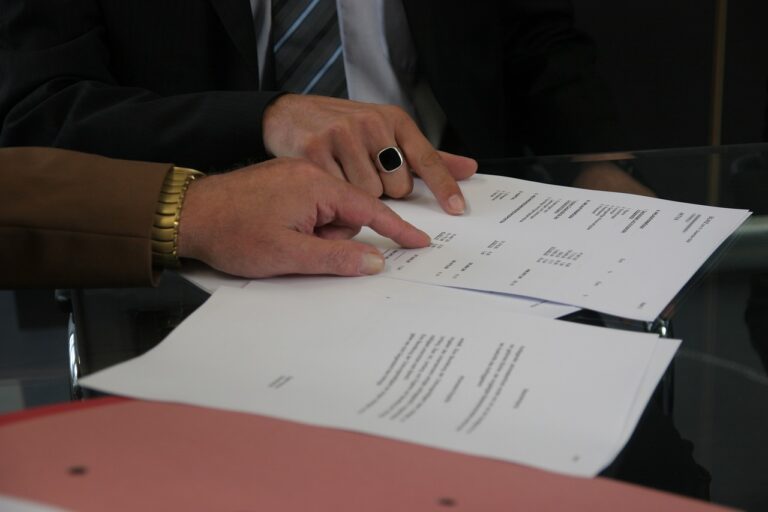Leasing: definition, conditions, and liability of the parties
Leasing (financial leasing) is a form of investment activity in which assets are acquired and transferred under a leasing agreement to legal or natural persons in Lithuania for a specified fee, for a specified period, and under the conditions set out in the agreement, with the right of the lessee to purchase the asset. Upon concluding a leasing agreement, the lessee obtains the right to use movable or immovable property for a fixed term. Ownership rights remain with the leasing company until the lessee fulfills all payment obligations under the leasing agreement.

The lessor selects the seller and the leased asset based on the instructions of the lessee and is not responsible for the choice of the seller or the asset unless the agreement provides otherwise. Under the agreement, the lessor may be a bank or another profit-oriented legal entity.
Terms of the leasing agreement, rights, and responsibilities of the lessor and the lessee
The subject of a leasing agreement may be any non-consumable movable or immovable property, except for land and natural resources. The lessor may transfer all or part of their rights under the leasing agreement and its subject to third parties. Such a transfer does not release the lessor from obligations that became due before the transfer and does not change the essence of the leasing agreement. The lessee may transfer the right to use the leased asset or any other right arising from the leasing agreement only with the prior written consent of the lessor. The lessor has no right to pledge the leased asset without the written consent of the lessee unless otherwise stipulated in the agreement.
When purchasing the asset for leasing, the lessor must inform the seller that the asset is being acquired for the purpose of transferring it under a leasing arrangement to a specific lessee.
Unless otherwise provided in the agreement, the leased asset shall be delivered directly to the lessee at their place of business. If the asset is not delivered within the period specified in the agreement, or, if no period is specified, within a reasonable time, the lessee has the right to terminate the leasing agreement and claim damages if the delay is attributable to the lessor. The lessee is also entitled to suspend periodic payments until the lessor properly fulfills their obligation to deliver the asset.
Leasing agreement conditions regarding loss, repair, liability, and termination
The risk of accidental loss or damage of the leased asset passes to the lessee from the moment the asset is handed over, unless the leasing agreement stipulates otherwise. The lessee is responsible for all costs of maintenance and repair of the leased asset. Unless otherwise provided in the leasing agreement, the lessor is not liable to the lessee for defects of the leased asset, except in cases where the lessee relied on the experience and knowledge of the lessor or where the lessor influenced the lessee’s choice of the seller and the leased asset. The lessee is obliged to use and maintain the leased asset with due care, keeping it in the condition in which it was handed over, considering normal wear and tear and any changes provided for in the agreement. If the lessee breaches this obligation, the lessor has the right to demand immediate payment of the full contract price or to terminate the agreement and claim damages.
If the lessee commits a material breach of the agreement, the lessor may issue a written demand for the breach to be remedied within a reasonable period, provided that the circumstances allow for it. If the lessee fails to do so, the lessor has the right to demand early payment of periodic instalments or to terminate the leasing agreement. Upon termination of the agreement, the lessor is entitled to demand the return of the leased asset and to recover damages from the lessee in an amount that would place the lessor in the same position as if the lessee had properly fulfilled the agreement.
